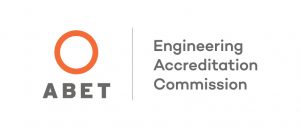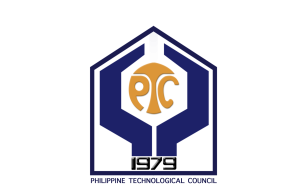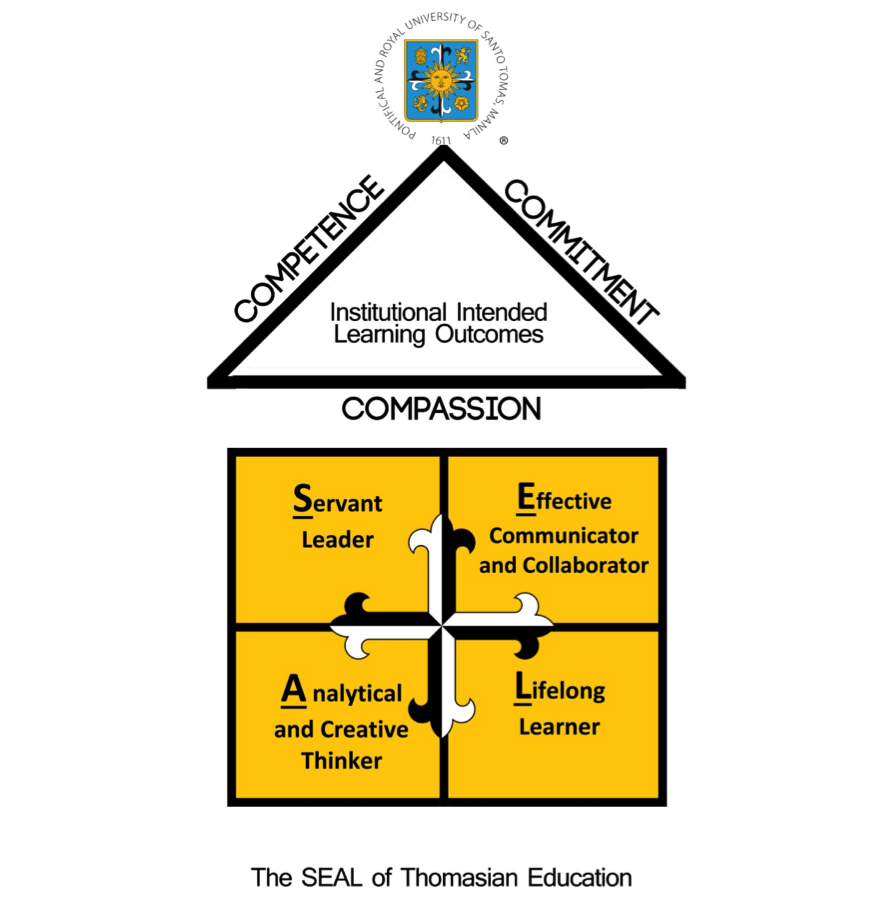a-K1: An ability to apply knowledge of mathematics and science appropriately to solve Mechanical Engineering problems
b-D1 : An ability to design and conduct experiments, as well as to analyze and interpret data accordingly
c-D2 : An ability to design a system, component or process to meet desired needs within realistic constraints such as economic, environmental, social, political, ethical, health and safety, manufacturability and sustainability, in accordance with standards
d-P1 : An ability to function effectively in multi-disciplinary teams
e-D3 : An ability to identify, formulate, and solve Mechanical Engineering problems correctly
f-K2 : Understanding of professional and ethical responsibility
g-P2 : An ability for effective written, visual, and oral communication
h-K3 : The broad education necessary to understand the impact of engineering solutions or research and innovation in a global, economic, environmental, and societal context
i-P3 : The recognition of the need for, and an ability to engage in life-long learning
j-P4 : An active concern for contemporary local and global issues
k-P5 : An ability to use techniques, skills, and modern engineering tools necessary for the practice of Mechanical Engineering
l-K4 : The knowledge and understanding of Engineering and management principles as a member and leader in a team, to manage projects in multidisciplinary environments
m-K5 : The specialized knowledge in at least one field of Mechanical Engineering practice, and the ability to apply such knowledge to provide solutions to actual problems


























